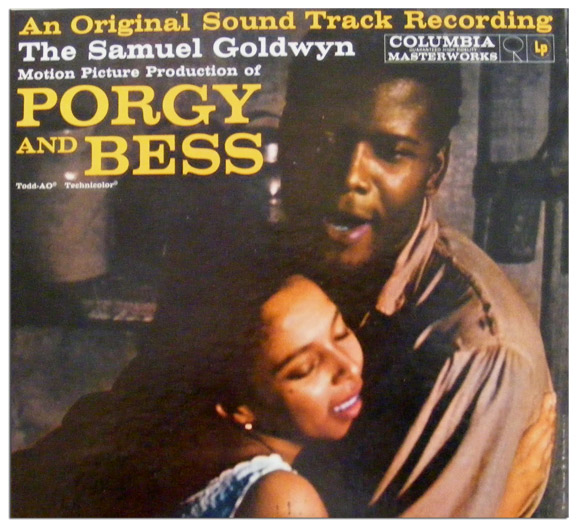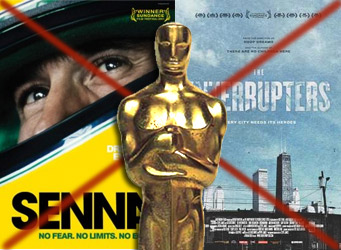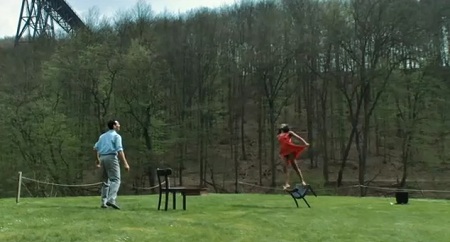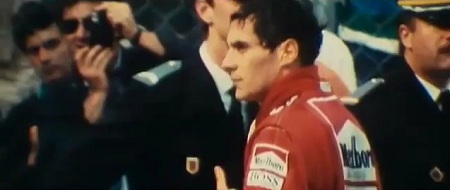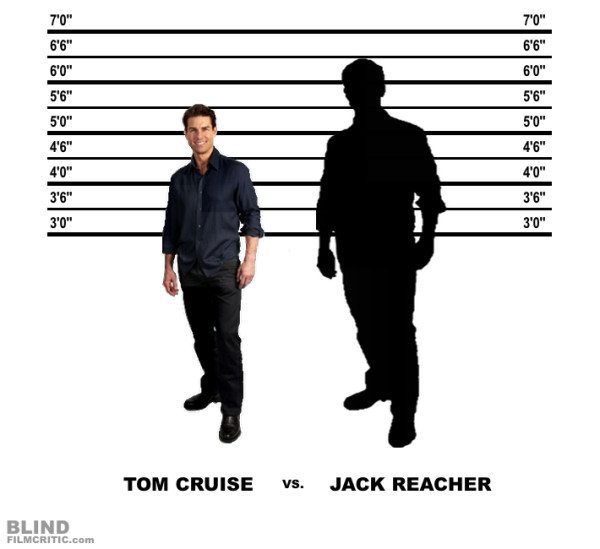Best of Year Pt 1: I Am Thirty-Two Flavors
 Sunday, January 1, 2012 at 10:33AM
Sunday, January 1, 2012 at 10:33AM I tossed. I turned. I Excel'ed. I Worded. I laughed at myself. I laughed at everyone else and their equally crazy assertions during top ten season. I worried what y'all might think. I worried about how I do think! And then I cast it all aside and just started typing and getting real with myself. You see, in earlier drafts of this Hugo and The Tree of Life, for example, were much higher but you know what? This is not consensus. This is me. Year End "Best" naming rituals are meant to be personal even though they're communal. Gather 'round my fire. There are plenty of places to keep warm, this being just one of them. (If you must skip ahead a few pages The Tree of Life dropped a few notches and Hugo no longer appears at all; I do not miss it all and, thus, made the right call.)

I kept trying to find a cutoff point for my year end "best" that I feel comfortable with and the magic finally happened at 32! The thirty-two highlighted films are my touchstones from this year at the multiplex. They're the only ones I just could not let go of when I tried to gather my memories and glue them awkwardly into this online scrapbook thingie known as The Film Experience. Two of the films even got glued together and I couldn't get them unstuck (Longtime readers will know I don't approve of ties but what the hell: new decade, more flexibility! If you're a purist shove everything else down one notch.)
squint your eyes and look closer
I'm not between you and your ambition
I am a poster girl with no poster
I am thirty-two flavors and then some
and I'm beyond your peripheral vision
so you might want to turn your head
cause someday you're going to get hungry
and eat most of the words you just said
The following thirty-two pictures were presented in vaguely ascending order but then the stairs were all rearranged to fit them into categories and for flow so don't read anything into the order...
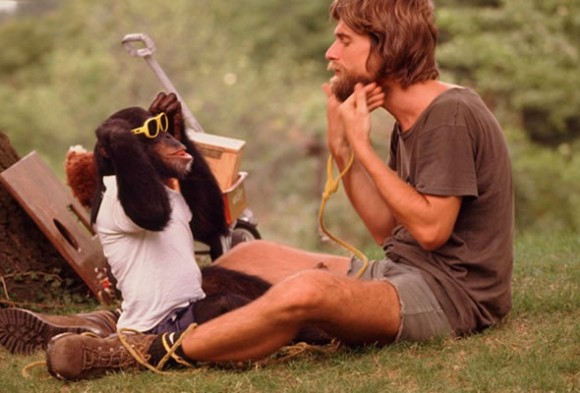 Planet Ape
Planet Ape
The year's cinema was overflowing with adorable dogs (too many to mention) and doomed cats (The Future, Dragon Tattoo) but the animal that seized the heart and truly shook us -- opposable thumbs are so handy! -- was the chimpanzee. The Oscar documentary finalist Project Nim charts the disastrous emotional fall out of a science experiment in the 1970s in which a chimp ("Nim") was raised by agonizingly fallible humans and taught sign language. Rise of the Planet of the Apes charts the disastrous sociological fall out of a science experiment in the right-now in which a chimp ("Cesar") is raised by a agonizingly naive human and granted super intelligence. Nim was a very real living thing and his heartbreaking story makes you want to scream "NOOOooooooo" as forcefully as the imaginary Cesar does at the climax of his own tale. That Cesar feels nearly as real as Nim is thanks to the Marlon Brando of mo-cap acting Andy Serkis, a brilliant visual effects team, and the superb action direction of Rupert Wyatt. (Wyatt's command is so impressive that the pictures fairly obvious flaws don't even register until well after the movie ends. If I were a Hollywood executive I'd be wining and dining him and offering him every franchise job on the calendar until he picked one.)
Favorite Unrewardables
The best thing I saw this year that's not eligible for my annual Film Bitch Awards is The Loneliest Planet (previously reviewed), about an engaged couple exploring a foreign land, which went unreleased. It had me from the stomping alien mundanity of its first image but in the end what really made it work for me was its sense of touch. That's rarer and rarer in our weightless CGI world but the images just felt so tangible: a lovers caress, cold water in your hair, rocky ground under foot; turns out when a movie is that good at touching, it's hard not to feel it. I could reward Clio Barnard's The Arbor, which did get a brief release, but I wouldn't know how. It's ostensibly a memoir doc about the short life of the troubled playwright Andrea Dunbar. But is it a documentary? Barnard's riveting experiment still uses traditional documentary tools like reenactments and talking head interviews but performs them instead, with actors lipsynching. There are so many layers it's suffocating; all the better to pull you under with these lives trapped in hand-me-down poverty and addiction. That probably doesn't sound like an endorsment but The Arbor sure is a fascinating novelty act.
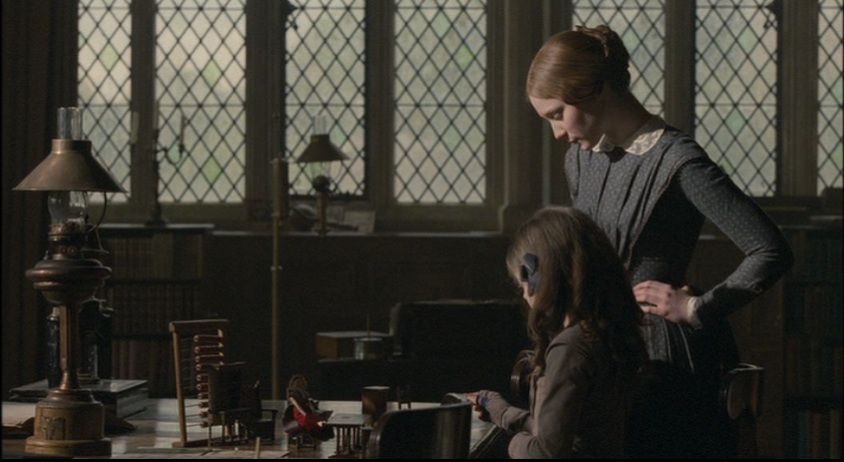
Hip To Be Square
Who knew that we needed a 29th version of dusty Jane Eyre? Turns out we did! Okay okay okay... even if we didn't it was welcome since it was a beautifully rendered stride forward in four cinematic journeys we're on board with: Michael Fassbender seems to take another leap forward every three months, Mia Wasikowska is one of our most promising young actresses and this is her best film performance yet, director Cary Fukunaga and his cinematographer Adriano Goldman, who are two for two (see also Sin Nombre) are not just unusually capable but also unpredictable. We'll jump on their next vehicle whether that means more speeding trains or horse drawn carriages or something else entirely.
Two more unhip choices, abundant foreign pleasures and a few "only you could make this" treasures... After the jump.



